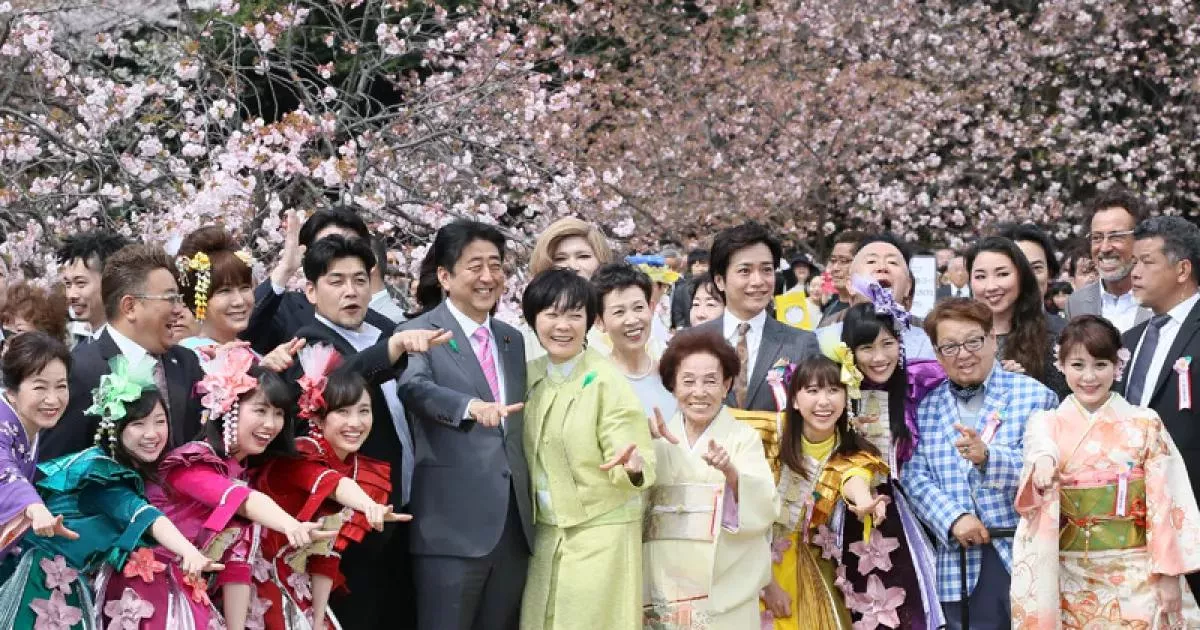The Cherry Blossom Scandal, a political controversy in Japan, centered on Prime Minister Shinzo Abe and alleged misuse of political funds related to inviting his constituents from Yamaguchi Prefecture to the annual government-funded cherry blossom viewing party. Accusations included using the event for personal gain and violating political funds control laws. The scandal raised concerns about transparency and fairness in government spending, triggering public criticism and calls for investigation into Abe's conduct and potential conflicts of interest.
1952: Annual Cherry Blossom Parties Begin
Since 1952, the Japanese government has held annual parties in April to view cherry blossoms.
2015: Allegations Against Shinzo Abe
In 2015, allegations arose that then-prime minister Shinzo Abe's political support group paid for dining expenses for his constituents from Yamaguchi Prefecture.
2016: Subsidization of viewing parties
Between 2016 and 2019, the cherry blossom viewing parties were subsidized with 30 million yen by Abe's support group.
2018: Accusations Against Abe
In 2018, opposition lawmakers accused Shinzo Abe of covering for guests at an expensive Tokyo hotel in one of the cherry blossom viewing parties, where guests only paid five thousand Japanese yen.
November 2019: Tamura Accuses Abe of Mishandling Funds
In November 2019, Tomoko Tamura, a Diet member affiliated with the Japanese Communist Party, accused Shinzo Abe of mishandling funds regarding the cherry blossom viewing parties.
2019: Abe's Cronyism Allegations
In 2019, Shinzo Abe was alleged to have brought 850 people from his constituency to the cherry blossom viewing party, leading to allegations of cronyism. On April 13, 2019, 18,000 attendees were invited, and the 850 who dined with Abe did so at the Hotel New Otani for five thousand yen.
November 2020: Report Alleges False Accounts by Abe
On November 24, 2020, the Research Bureau of the House of Representatives of Japan published a report alleging that Shinzo Abe had provided false accounts of spending during diet sessions in 2019 and 2020.
2020: Abe's Support Group Funded Dinners
From 2019 to 2020, Abe's support group funded at least 33 dinners. In 2020, Abe's successor, Yoshihide Suga, ended the annual cherry blossom viewing parties upon taking office.
2020: Abe Not Indicted, Aide Charged
In 2020, after Abe's resignation as Prime Minister, prosecutors declined to indict him for payments made to attendees of the cherry blossom viewing parties, but did press charges against one of his aides, Hiroyuki Haikawa.
Mentioned in this timeline
Japan is an East Asian island country in the Pacific...
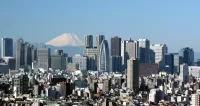
Tokyo the capital of Japan is a global megacity Its...

Shinzo Abe was a prominent Japanese statesman known for his...
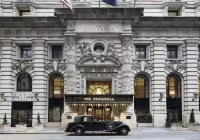
Hotels offer short-term paid lodging with varying levels of amenities...
Cherry blossoms or sakura are the flowers of trees in...
Trending
35 minutes ago Chengdu Hosts Thrilling World Games Series 2025 Stop: Underwater Sports and Life Saving!
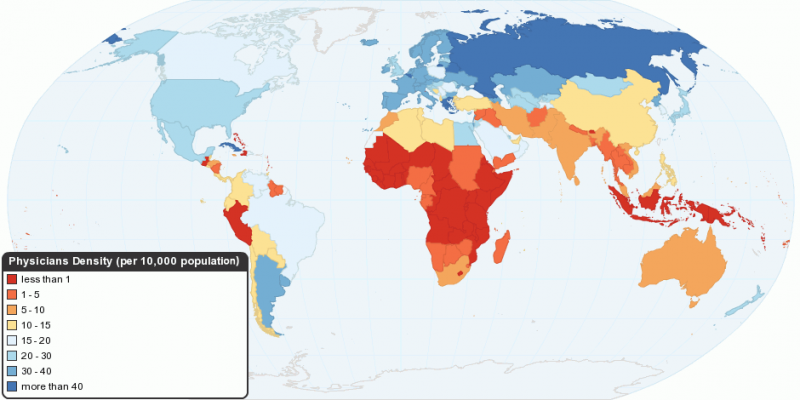
35 minutes ago Luigi Mangione Act proposed: Aims to curb health insurance denials in California.
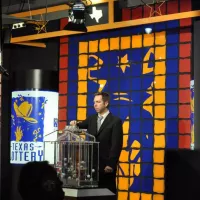
35 minutes ago Powerball and Mega Millions Jackpots Won! Millions Made in California and Illinois.

35 minutes ago Saints Plan for Future: Carr Trade Rumors and Potential QB Draft Picks.
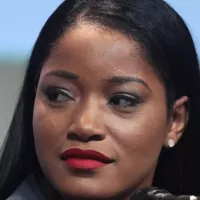
36 minutes ago Keke Palmer & SZA's 'One of Them Days' arrives on Netflix, celebrating Black communities.
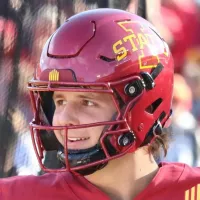
2 hours ago Brock Purdy blames 49ers' fatigue on playoff runs, takes shot at ex-teammate.
Popular
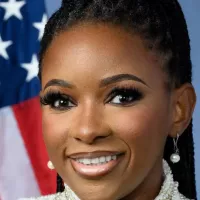
Jasmine Crockett is an American lawyer and politician currently serving...
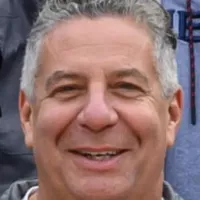
Bruce Pearl is an American college basketball coach currently head...
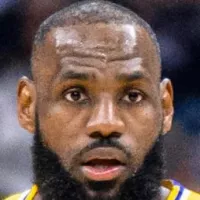
LeBron James nicknamed King James is a highly decorated American...

Cristiano Ronaldo nicknamed CR is a Portuguese professional footballer widely...

Michael Jordan also known as MJ is a celebrated American...

Pamela Jo Bondi is an American attorney lobbyist and politician...
